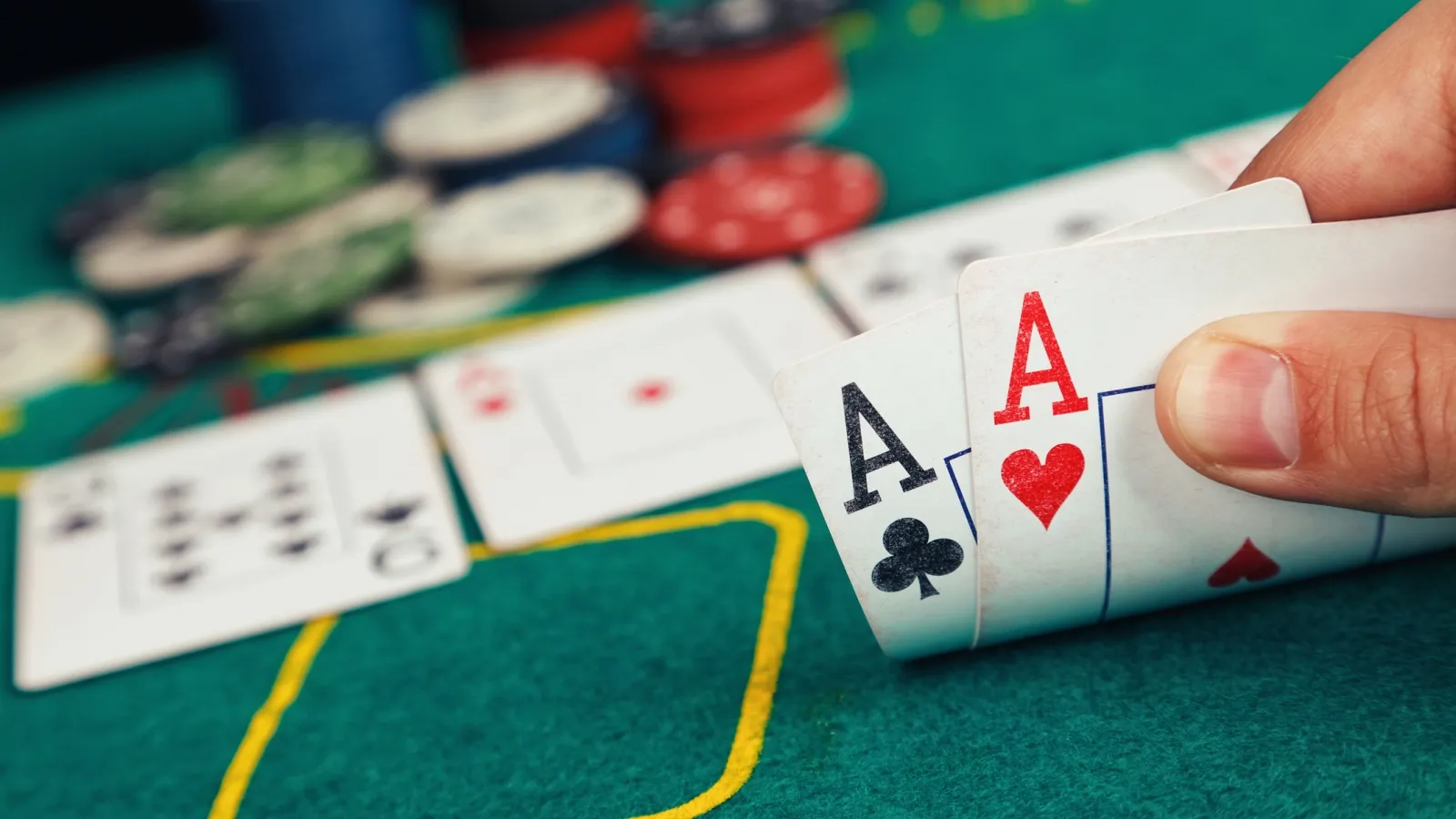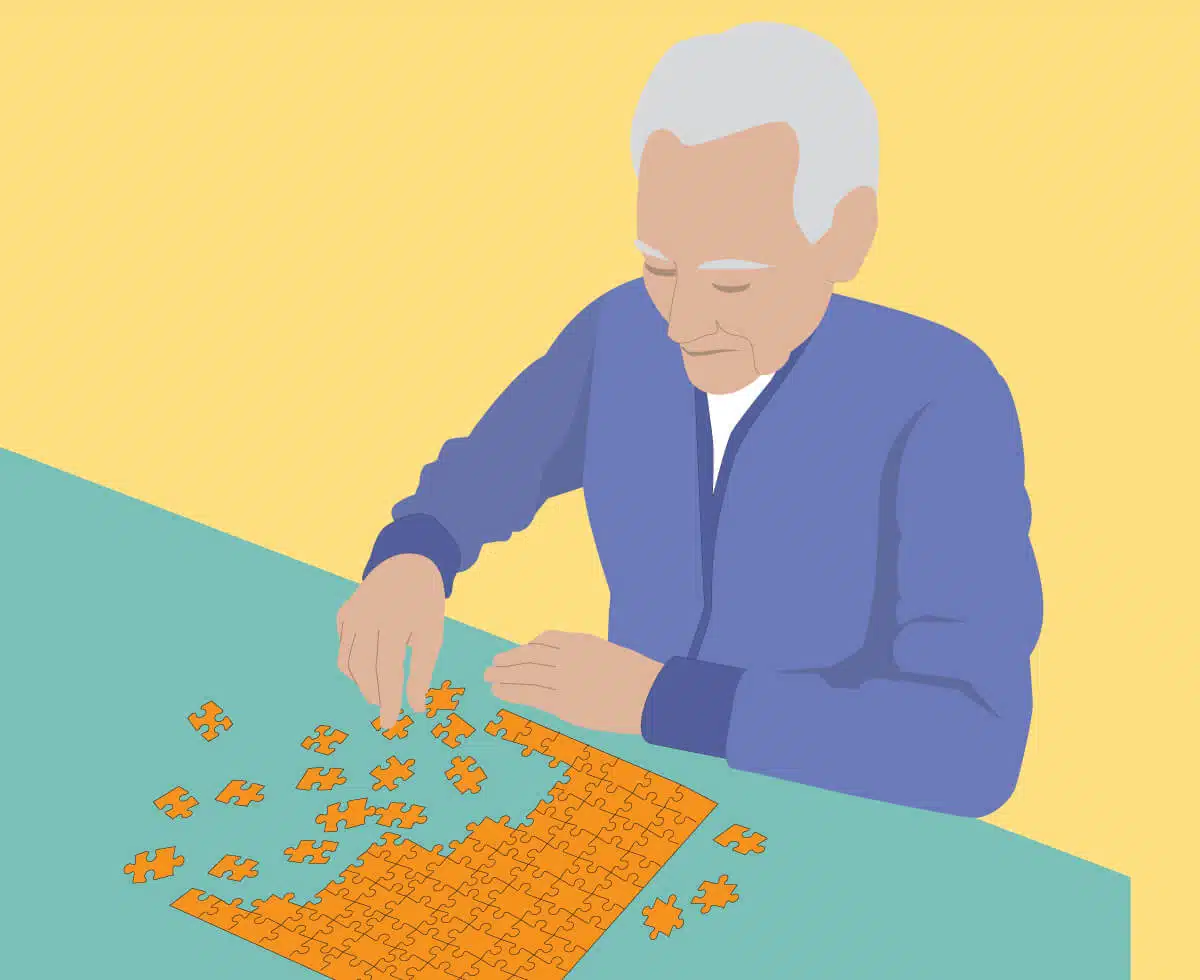An Ace can work for you or against you in while you’re playing poker, and only if you are smart and stick to your strategy you can win. And to do that, you need to be super smart and psych out your opponents. Like, for instance, if you see them looking nervous, don’t ask why.
Ace may have a ‘soft’ value of 11 (because it can be counted as a 1 if needed) or a ‘hard’ value of 1 (because an ace may be counted as a 1); if you double down, it can save you if you don’t bust.
High card
The fact that aces are sometimes high and sometimes low means that everyone at the table has to understand just how high those aces are. You want to be able to play that ace right, don’t you?
Your second most likely poker hand is made up of two pairs – the highest form of this hand being a pair of unlike tens and another pair of unlike nines, for example, or two pairs of unlike queens and jacks combined, along with a fifth ten or nine. This grouping doesn’t fare too well against a full house or a flush.
Another common poker hand is just no pair – it’s a hand consisting of five unique cards, and it’s rated by its highest card (an ace beats a king, etc).
Smart players aren’t going to play every ace-high hand they’re dealt — they. Instead, they’ll be looking for ways in which the second card can make its presence felt as part of a high-scoring hand. Suited-connectors (to form a wheel straight) or high kickers (to form a broadway straight) are the most obvious conditions to look for. By hook or by crook, grab any one of those and run with it to make something of your ace. If you have a suited connector and a high kicker, you might even overcome an opponent who has only just an ace-high.
Low card
Most common poker hands have Aces as high cards. They are great to pair up, or form part of a straight or flush, but they can also backfire if a second Ace comes in. You have to pay the Ace premium and play optimally based on how this particular Ace hand will interact with the rest of the cards you are dealt.
An example: you hold AK off-suit and you are facing one of those lethal KK, you will win that pot if your Ace kicker is a higher one than your opponent’s King kicker (A-A-K-8-6). You can see how the ace can be the highest of all cards sometimes, and sometimes not so much so, also depending on what are the other cards involved.
For another example of this, consider the fact that you only win this hand against KQ if your suited A3 kicker is higher than your opponent’s KQ kicker:. A-A-A-3-8. Again, the value of the Ace can be completely different, depending on the rest of the hand.
Flush
It’s just that, in most poker games, the ace is treated as a high card: so you would want them if you’re forming high pairs or flushes. You don’t think of them as weak, but they are, because they can be low cards if you’re forming wrap around straights such as A-2-3-4-5.
Second, if you have an Ace, you’ll want a king, queen or jack to be your kicker so that you can win more hands than having just an Ace. Otherwise, you’ll be a victim of ‘kicker problems’ and losing way more hands than you have to. So, for example, say the KQ comes out on the flop. Let’s say you have KQ and your opponent has AK, while the board runs out, say, A-J-8-6. You win because you have the better kicker.
Pocket aces are all very well and good, but you can play them in such a way as to get crushed. For example, if you find yourself heads-up in a flop-flop-river situation against two players each with ace-high, you can’t always call on the flop and river and lose the least amount of money. You can try to get value, but you should ask yourself if your opponent’s suited cards are likely to be better than the rank of yours.And if you have suited cards and are in early position, bet your suited cards; if you’re in a late position, you definitely don’t.





